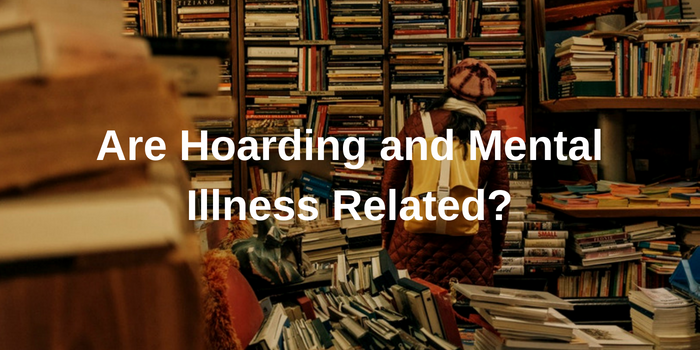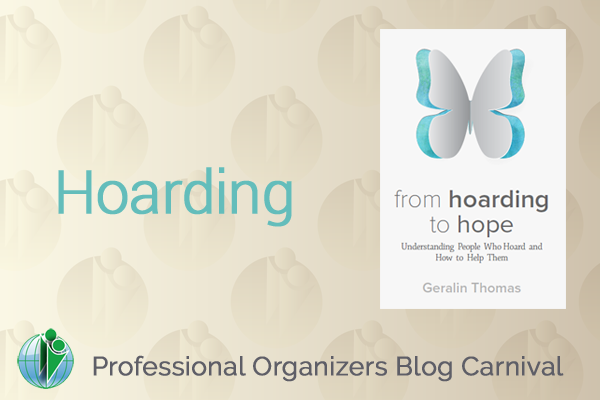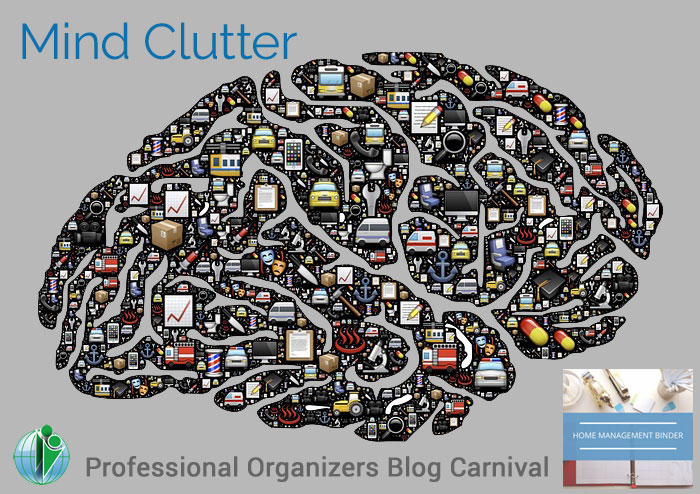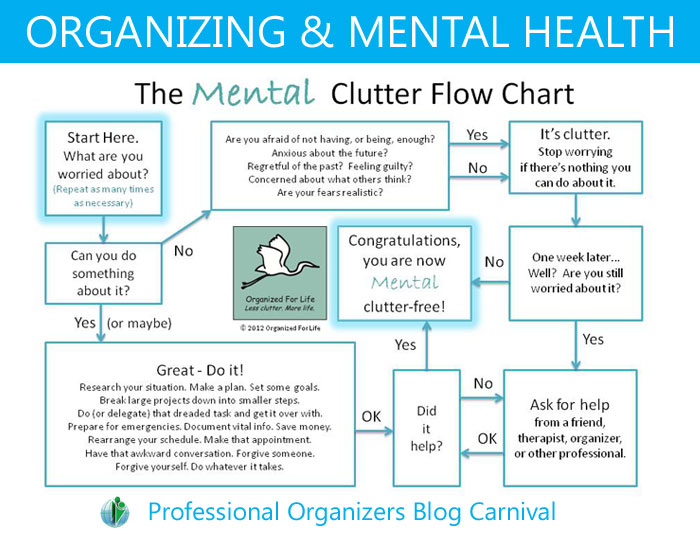Are Hoarding and Mental Illness Related?
This page may contain links to Amazon.com or other sites from which I may receive commission on purchases you make after clicking on such links. Read my full Disclosure Policy

Is hoarding a mental illness? Whether you know someone who hoards or have caught an episode of TLC’s Hoarding: Buried Alive, you may be familiar with the associated health risks. People hoard anything from books to animals, causing unsafe living conditions for themselves and those who live with them. Those considered hoarders have a difficult time parting ways with excessive possessions, sometimes catalyzing additional mental conditions.
Some may ask themselves if hoarding is just a sign of laziness, dirtiness, or unexplainable obsessions. It’s only recently that hoarding gained official recognition as a mental disorder. The condition hadn’t appeared in the Diagnostic and Statistical Manual of Mental Disorders (DSM) as a mental illness until 2013, meaning that existing research and understanding of hoarding is limited. Research estimates that 2-5% of adults suffer from hoarding disorder.
Fighting hoarding can’t be solved by simple decluttering. So, just how connected are hoarding and mental illness?
Collecting vs. Hoarding
It’s important to note that even if an individual enjoys compiling unnecessary items that go unused, there is a distinct difference between collecting and hoarding. Collectors gather objects that fit within a specific theme, such as vintage lamps or toy cars. Usually, collectors put these items on display for others to see or will trade with other collectors.
On the other hand, hoarders tend to stockpile random items without intention to use or display them. The way in which hoarders store these items is without organization or regard to their own safety. Items may not hold any value for their owner and are just everyday items with no significant value.
Which comes first: Hoarding or Mental Illness?
Although more prevalent and serious among older adults, signs of hoarding can begin as early as someone’s teenage years. The psychology field now recognizes hoarding as a disorder, but it’s still unclear whether preexisting mental illnesses can trigger hoarding or if it instead triggers other conditions. In this chicken-egg scenario, it’s not clear what exactly causes the disorder.
According to Mayo Clinic, risk factors of hoarding include family history, personality, and stressful life events. Those with hoarding disorders may also suffer from depression, anxiety disorders, obsessive-compulsive disorder (OCD), and attention-deficit/hyperactivity disorder (ADHD).
Hoarders may put their health and quality of life at risk. With excessive clutter, it’s much more difficult to move around, and people can lose the ability to cook, clean, or even sleep. Of course, the consequences of hoarding don’t just stop with the affected individual. An overcrowded home and isolation strains relationships with family and friends.
How do you treat hoarding?
Because hoarders feel they have a significant reason to keep their possessions and may not recognize their disorder, treatment can be difficult. Moreover, medical professions still don’t know what causes the condition. However, the good news is that hoarding is indeed treatable!
Treatments include medication used for OCD and counseling. It’s no surprise that a person’s environment greatly affects their mental wellbeing. Counseling coaches a hoarder on how to rethink their possession’s value or how to declutter with a professional’s help, for example. Professional organizers help people let go of objects (or animals) that in the end let people live their best life. Seeking a support group and loved ones’ help can encourage this process and prevent future relapses. Mental health counselors provide services to patients of all ages and conditions, even offering help to affected family members.
As researches take a deeper dive into the causes and symptoms of hoarding, we’ll begin to understand more about the human mind. If you know someone who may suffer from hoarding, seek out professional consultation to see how you can help.










The fact that the mental health community has identified this disorder and is working to better understand it is very encouraging. We have a group from the NAPO-CT Chapter who are participating with the CT Hoarding Working Group to study and help address the hoarding situation. Others who come include social workers, firefighters, police, child welfare, and more. This can be far-reaching, so much more than a “just throw it out” approach. As with so many things, knowledge brings power and solutions.
It’s great to hear about initiatives like that. So much more is known than just 10 years ago!
That’s interesting that medical professional would prescribe OCD medication for hoarders. I didn’t know that.
It makes sense, if the hoarding behavior is OCD-related.
Through classes, conferences, and publications, there is a lot of information about hoarding disorder available from ICD (Institute for Challenging Disorganization.) Prior to hoarding disorder having its own diagnosis as per the DSM manual (pre-2013), clinicians believed that hoarding was a type of OCD. That’s why OCD meds were commonly prescribed. But they often were ineffective. When the DSM-5 manual was released in 2013, hoarding disorder received its own independent diagnosis separate from OCD. Hoarding disorder is often accompanied by co-morbid conditions such as depression, social phobia, generalized anxiety disorder, and attention deficit disorder. Only about 20% of the people with hoarding disorder also have OCD.
Thanks for this valuable information, Linda! The ICD is definitely the best place to go to learn about hoarding disorder and other forms of challenging disorganization.